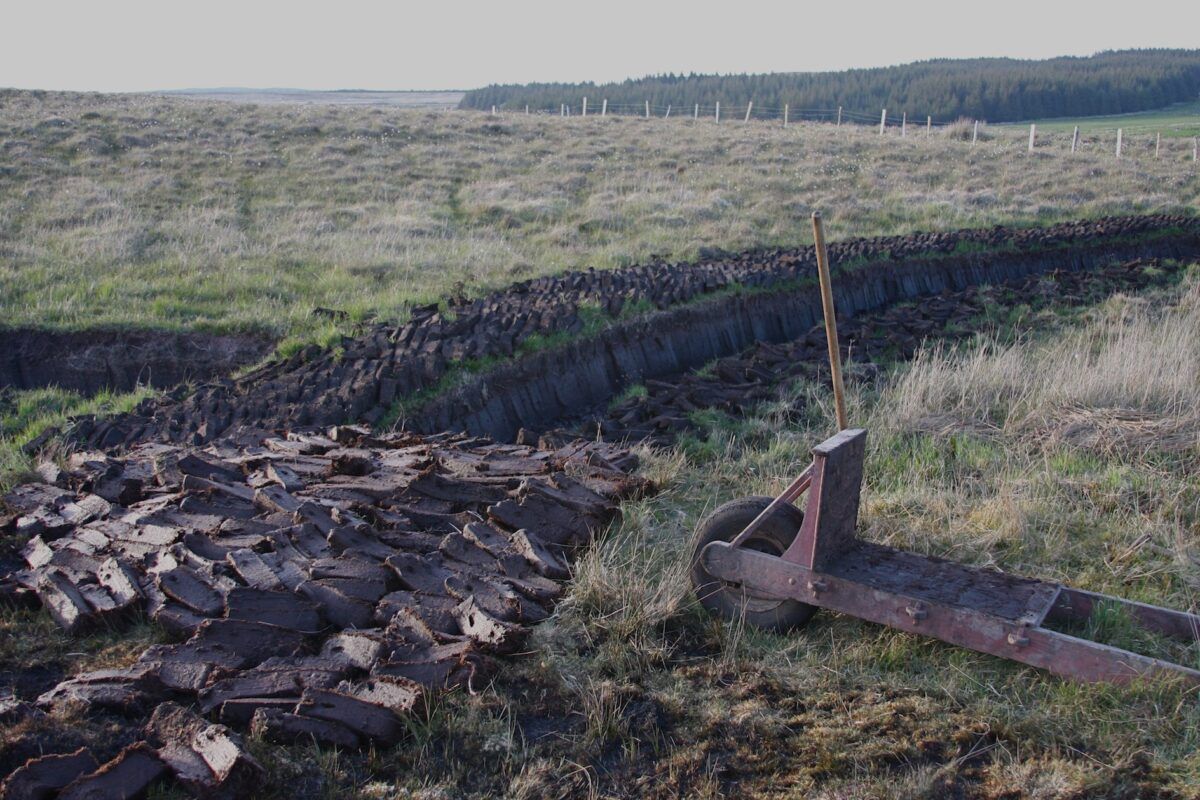Donegal’s peatlands are of national and international importance.
If managed better, our bogs could improve water quality, reduce CO2 emissions and flooding and improve biodiversity.
That’s according to a new report published today by An Fóram Uisce – The Water Forum.
Ireland’s land area is 20% peatland, with only 18% of all peatlands in a ‘near natural’ or ‘healthy’ state. Consequently, 82% of peatlands are considered ‘degraded’.
Peatlands consist of 95% water, and degraded peatlands are drained to varying degrees for peat extraction, domestic peat cutting, agriculture or forestry. Drainage of peatlands and removal of surface vegetation releases nutrients (phosphorous and nitrogen), ammonia, dissolved carbon gives the water a dark colour and sediment into rivers and lakes and this reduces water quality and is a particular issue in drinking water source areas.
Drained peatlands have reduced capacity to store carbon as they are not growing, they release CO2 contributing to climate change and can no longer support plant and animal biodiversity. They are also at greater risk of fire. Better management through rewetting and restoration of peatlands can reverse these trends and restore the natural peatland functions. Rewetting is not flooding. But blocking drains can restore the water balance within the peatland so that plants can grow and re-establish to provide and improve animal habitats in the bog and downstream rivers.
Changing the function of the bogs and peatlands from their economic use associated with peat harvesting, afforestation and agriculture to use for recreation, tourism and heritage values is best achieved through local community engagement. Communities need to be given the opportunity to lead the change in peatland transformation from being sites of labour and employment to sites of restoration, recreation and conservation.
These shifts in values need to occur, in order, to support the development of sustainable peatlands that support ecosystem services for water, biodiversity and climate, and for local communities.
Dr Tom Collins, Chair of An Fóram Uisce adds; “Generations of Irish children have written loving essays entitled A Day in The Bog. Now we are trying to ensure that future generations of our children can write the same essay with the same innocent trust that some things never change.”
An Fóram Uisce – The Water Forum is hosting a webinar to present and debate these research findings.
Taking place online on 21st May, registration is free and the webinar programme is available here.
Tags:








